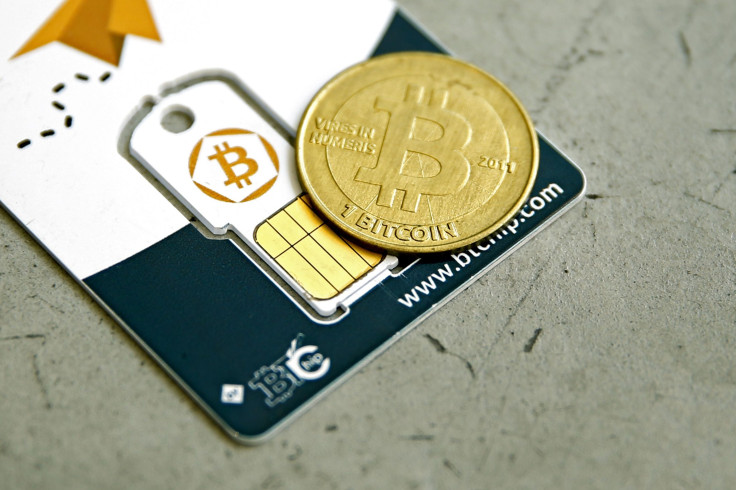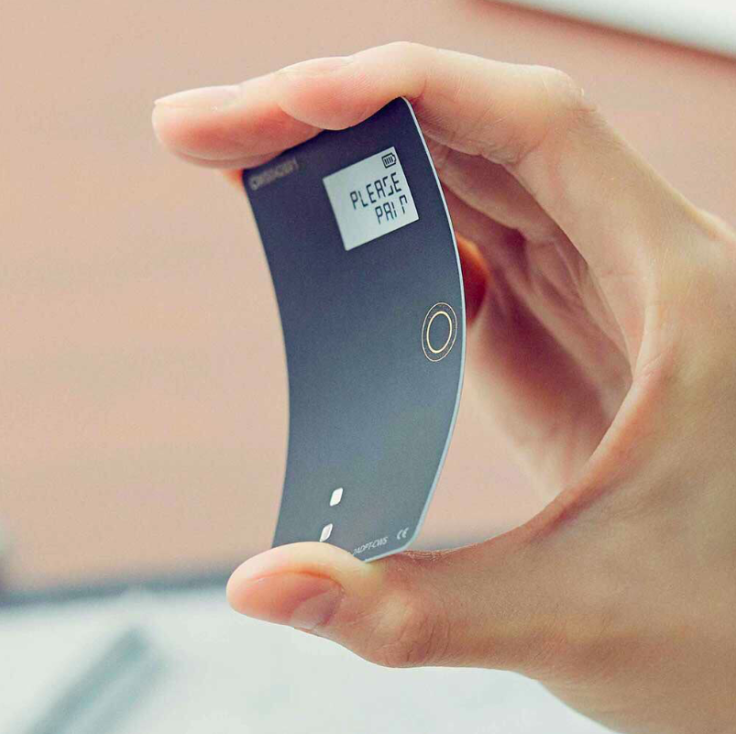Top Cryptocurrency Wallets: CoolWaller S Launches With Charlie Lee As Advisor

Cryptocurrency wallets are much like the physical wallets we are all used to. But there are additional things that a cryptocurrency wallet can do, like storing hundreds of digital currencies, checking the balance in each, and keeping track of transaction details. It is also secured as it provides a private digital key that only the owner can access.
These digital wallets are of two kinds — software and hardware. Bitcoin author, developer and speaker Andreas Antonopoulos believes hardware wallets are the better storage solution for the average person.
I'll go on the record and say the Hardware Wallets are better than software and paper wallets for all except a handful of opsec/infosec experts. Security isn't about absolutes. It's all relative and complexity/operator skill are of the utmost importance.
— Andreas (@aantonop) March 27, 2018
Though more secure, hardware wallets are more expensive too and also carry the risk of being damaged or stolen. They are still popular with cryptocurrency traders, who tend to view features like cost, security, mobility, user-friendliness, convenience, and style before buying one. Here's a look at some cryptocurrency hardware wallets and their features.
CoolWallet S
CoolBitX is a crypto hardware wallet manufacturer that announced Thursday the launch of its hardware wallet CoolWallet S in the United States (it is already available in several other markets). The manufacturer also announced a partnership with the Litecoin Foundation and Charlie Lee, creator of Litecoin, as an advisor, who said it was “one of the best hardware wallets I’ve ever used.”
The wallet currently supports bitcoin, litecoin, ethereum, XRP, bitcoin cash, and ERC20 tokens. It is now available for $99.

Michael Ou, founder and CEO of CoolBitX, told International Business Times the company's hardware wallet includes a 2+1 factor authentication security as compared to the 1+1 factor authentication that most wallets have.
"The 2+1 factor authentication for security means when you try to initiate a transaction using the CoolWallet S, you will need to pass the first factor - the phone and the app security layer, second factor - the wallet (with secure element, physical button, and display screen), and lastly, the third factor - the user (with visual confirmation, physical authorization, and your face ID, fingerprint, or passcode that your smartphone uses)."
When asked to what extent the wallet is protected from virus and hackers, Ou said the wallet uses Bluetooth for communication and will operate within the proximity of 10 meters only. The product also uses an AES256 encryption, which helps in prohibiting any unauthorized devices from communicating with the card for data retrieval. Ou also spoke about a "Secure Element Chip" which is as sensitive as a private key.
"This chip does the calculation of all the necessary algorithms. It would be extremely difficult to break/hack into the chip and get the private key out of this chip."
In case the wallet gets damaged or stolen, the wallet's app can be downloaded onto another phone. By doing that, the original phone can no longer connect to the wallet even if it is located within the connecting range. CoolWallet also has other features like e-ink display and a physical confirmation button. It is damage-proof (waterproof, heat and cold resistant, and tamper-proof) and will receive over-the-air updates.
Ledger Nano S Wallet
Ledger Nano S is a hardware wallet from a French start-up. It currently supports bitcoin, bitcoin Cash, ethereum, ethereum classic, bitcoin gold, litecoin, dogecoin, Zcash, ripple, dash, etc. and is sold for $120 on the company's website.
The wallet provides a two button mechanism in order to enable users to enter their passcodes. One button is used to increase the value of the digits and the other one to decrease it, and when both of them are pressed simultaneously, the digit is recorded by the system.
The wallet connects to any USB port. It doesn’t have a battery and only starts up when plugged into a computer (or mobile device). Ledger Nano S doesn’t come with an anti-tampering sticker as its cryptographic procedure checks for integrity of the instrument when powered on. The wallet has other features like a built-in display that shows the recovery and restoration process, if needed.
Ledger recently also announced the listing of EOS cryptocurrency.
Happy #CryptoTuesday! Ledger now supports Hycon, Waves, Rise, FIC Network, Pirl, EOS and Akroma. These 3rd-party apps for Ledger Nano S are available on Ledger Live: https://t.co/lVojp5GnZu
— Ledger (@Ledger) September 4, 2018
For more details on upcoming cryptos support visit https://t.co/4PGV5TOz2l pic.twitter.com/Bsy2LVx6Zp
Trezor Wallet
Trezor hardware wallet was developed by SatoshiLabs with Marek Palatinus as the founder. Trezor was originally invented for holding bitcoin and it is now a popular ethereum wallet that can be used with the MyEtherWallet web interface. It offers support for bitcoin, bitcoin Cash, litecoin, dash, dogecoin, ethereum classic and more. Trezor is sold for $103 (basic model) on the official website.
The wallet offers an instinctive mechanism to safely enter the passcode. It provides a 3x3 matrix containing randomized numbers, disabling hackers to log the keys entered. But any duplicate keystrokes can be identified by keyloggers.
Trezor incorporates a recovery seed which randomly generates a 24-word code to recover the wallet, if it is stolen or lost. It also limits its communication with other devices. It has no batteries, cameras, Bluetooth or Wi-Fi. When the USB device isn’t connected, it is turned off.
KeepKey
KeepKey supports 36 cryptocurrencies that include bitcoin, bitcoin cash, dash, ethereum and litecoin. Select coins and tokens can be exchanged via the built-in ShapeShift integration allowing for over 500 trading pairs. KeepKey is sold for $129 on the official website.
Like some other hardware wallets, KeepKey is USB-enabled and similar to Ledger Nano S and Trezor, has features like backup and recovery option. The wallet is protected from viruses and malware because it does not have an operating system.
It is the most expensive of the wallets listed here, probably due to its bigger screen. One of the major highlights of this wallet is its ability to generate private keys using a hardware-based random number generator.
BitBox
Developed by Shift Devices AG, a Zurich-based cryptosecurity company, BitBox is sold in over 100 countries. It supports a selection of digital currencies, and relies on encrypted USB communication to help manage crypto holdings.
BitBox features a micro SD card for backup and recovery of the wallet. The wallet costs $90 on the company's website.
The device includes a touch button and LED indicator for confirming transactions and a true random number generator. The wallet also provides support for 2-factor authentication. Coins are stored offline, and the wallet can run backup and recovery anytime. BitBox ensures that the private keys have no contact with computers or the internet.
BitBox currently stores bitcoin, ethereum, ethereum classic, and ERC20 tokens.
© Copyright IBTimes 2024. All rights reserved.





















